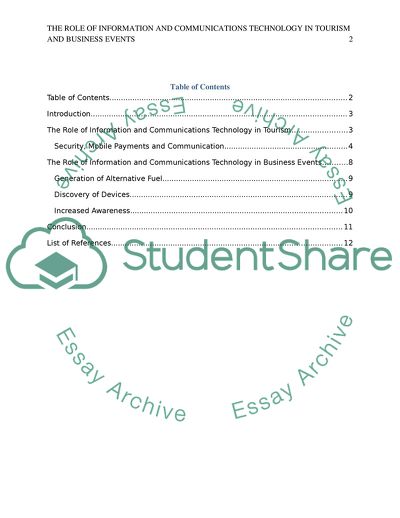Cite this document
(The Role of Information and Communications Technology in Tourism Coursework, n.d.)
The Role of Information and Communications Technology in Tourism Coursework. https://studentshare.org/technology/1816487-information-and-communications-technology-in-business-events
The Role of Information and Communications Technology in Tourism Coursework. https://studentshare.org/technology/1816487-information-and-communications-technology-in-business-events
(The Role of Information and Communications Technology in Tourism Coursework)
The Role of Information and Communications Technology in Tourism Coursework. https://studentshare.org/technology/1816487-information-and-communications-technology-in-business-events.
The Role of Information and Communications Technology in Tourism Coursework. https://studentshare.org/technology/1816487-information-and-communications-technology-in-business-events.
“The Role of Information and Communications Technology in Tourism Coursework”. https://studentshare.org/technology/1816487-information-and-communications-technology-in-business-events.


